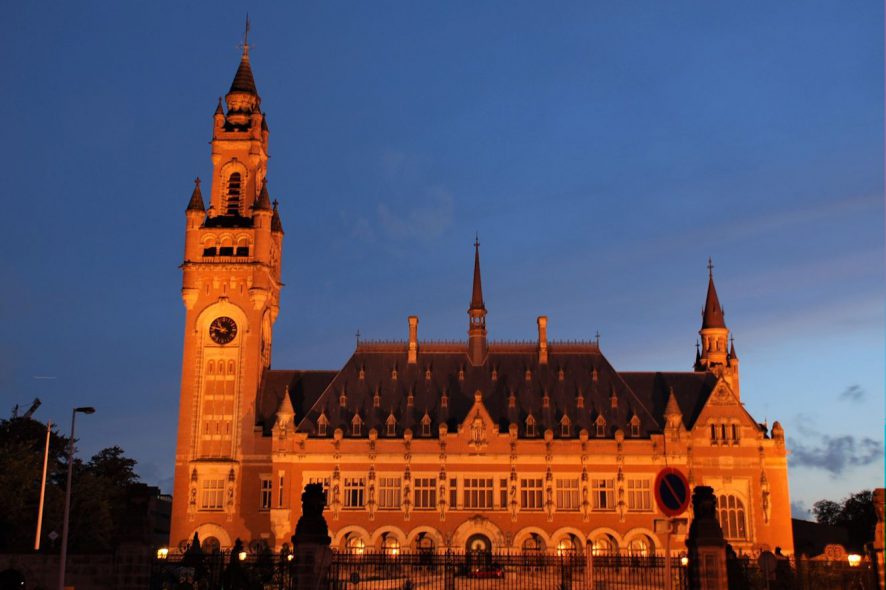International Court of Justice ( ICJ): On 13 June 2016, Equatorial Guinea instituted proceedings against France in ICJ with regard to a dispute concerning the immunity from criminal jurisdiction of the Vice-President of the Republic of Equatorial Guinea, Mr Teodoro Nguema Obiang Mangue, and the legal status of the building which “houses the Embassy of Equatorial Guinea”, located at 42 Avenue Foch in Paris. Equatorial Guinea sought to find the Court’s jurisdiction, first, on Article 35 of the United Nations Convention against Transnational Organized Crime (“Palermo Convention”) and, second, on Article I of the Optional Protocol to the Vienna Convention on Diplomatic Relations concerning the Compulsory Settlement of Disputes (“Optional Protocol to the Vienna Convention”). France raised preliminary objections to the jurisdiction of the Court.
Mr Teodoro was fined and convicted for the offences like money laundering and misappropriation of public funds of his country of origin and investing it in France by a French Tribunal. As it was found on investigation that the building at 42 Avenue Foch was bought by him in pursuance of these offences, it was ordered to be attached. However, Equatorial Guinea claimed that the building to be part of its Diplomatic Mission in France. The attachment and his term were suspended after the Equatorial Guinea approached ICJ in this regard.
The Court observed that Equatorial Guinea’s claims based on principles of sovereign equality and non-intervention in the domestic affairs of other States (Article 4 of the Palermo Convention) were not valid as the Court considered that the said Article does not refer to the customary international rules, including State immunity, that is derived from sovereign equality but refers to the principle of sovereign equality itself. The Court gave the expression “sovereign equality” its ordinary meaning while observing that none of the provisions of the Palermo Convention relates expressly to the immunities of States and State officials. Further, it found this unrelated to the object and purpose of the Convention, set out in Article 1. Therefore, the Court concluded that the aspect of the dispute relating to the immunity of the Vice-President and the building from measures of constraint as State property did not concern the interpretation or application of the Palermo Convention and hence, Court lacked jurisdiction in relation to this aspect.
The Court rejected Equatorial Guinea’s claims based on the Palermo Convention concerning France’s alleged overextension of its criminal jurisdiction over predicate offences associated with the crime of money laundering.
Finally, Court noted that the Parties disagreed on the question whether the building constituted part of the premises of the Mission and was thus entitled to the treatment afforded for such premises under Article 22 of the Vienna Convention. Court found that this aspect of the dispute fell within the Vienna Convention and, consequently, it had jurisdiction under the Optional Protocol to the Vienna Convention to adjudge this aspect. [Immunities and Criminal Proceedings, Republic of Equatorial Guinea v. French Republic, No. 163, decided on 06-06-2018]







